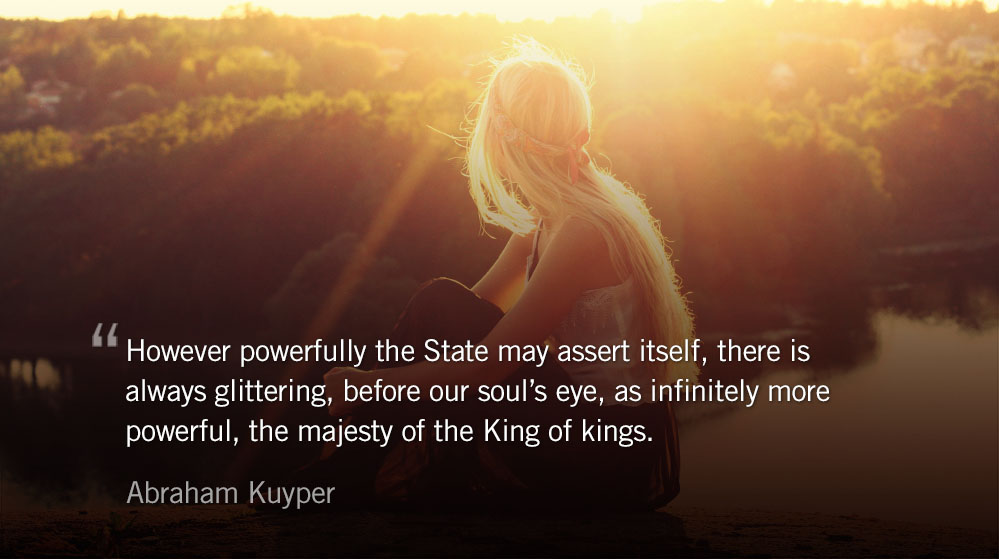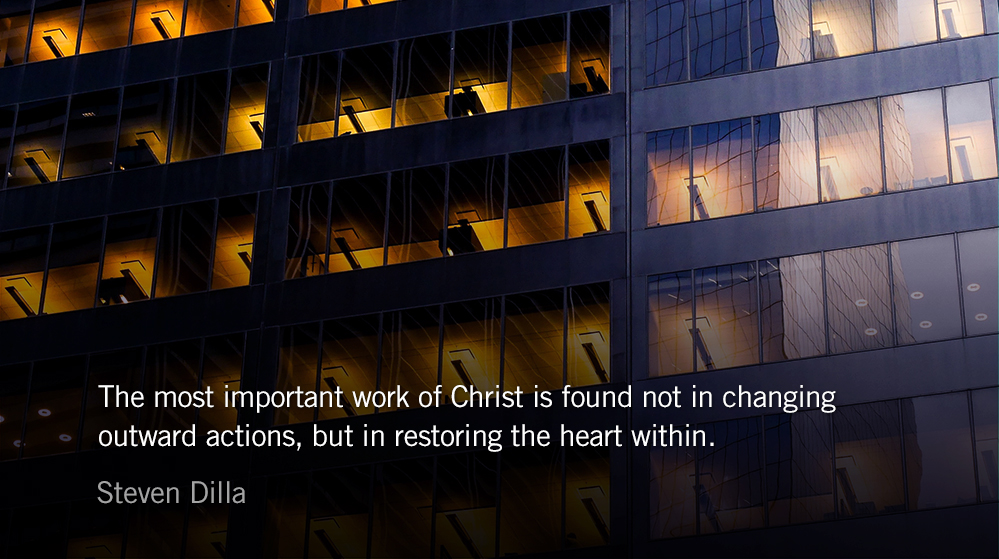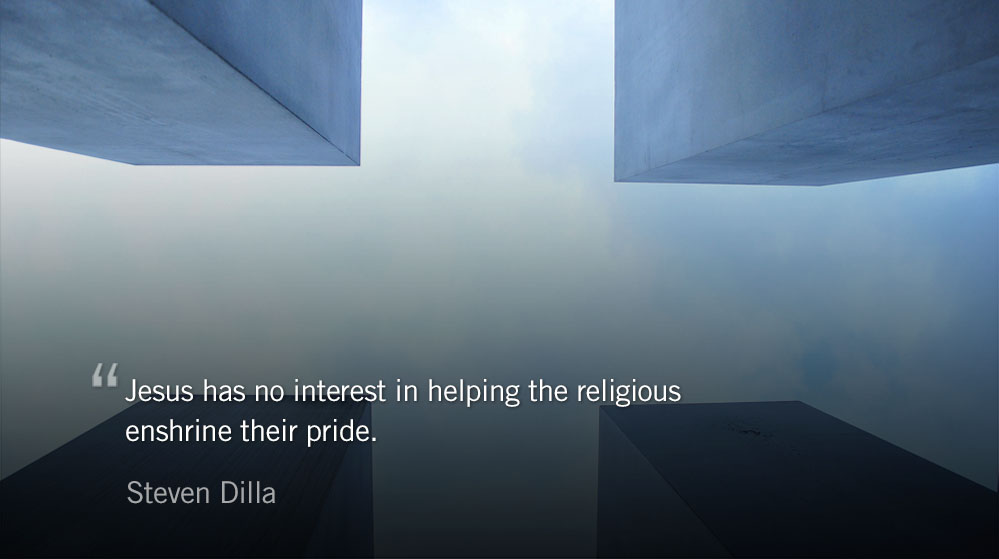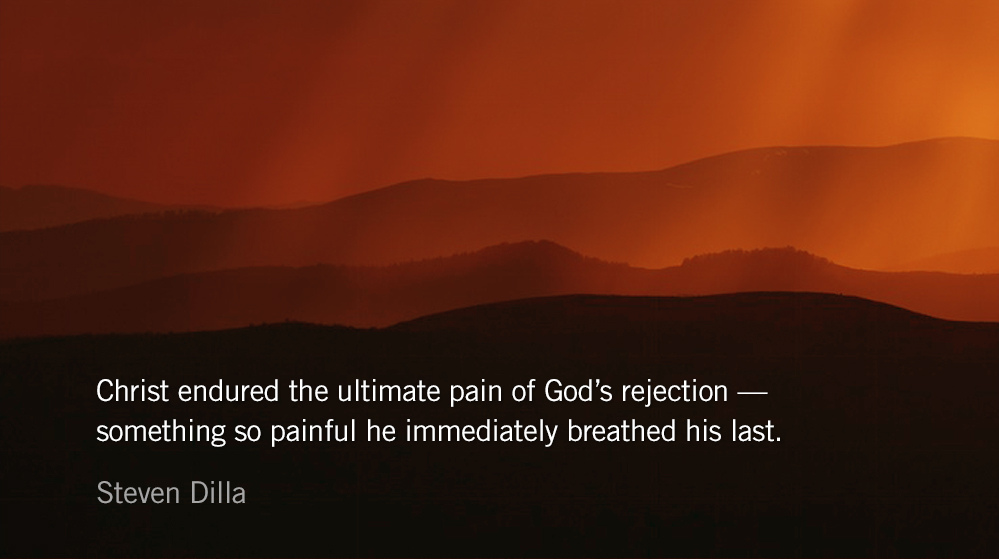Daily Reading
Genesis 24 (Listen – 9:42)
Matthew 23 (Listen – 4:53)
Matthew 23.37
“Jerusalem, Jerusalem, you who kill the prophets and stone those sent to you, how often I have longed to gather your children together, as a hen gathers her chicks under her wings, and you were not willing.”
This is usually the time of year when New Year’s resolutions begin to break down. It’s a lovely season for year-round gym attendees; classes get easier to book. It’s an unfortunate season in what it reveals about the condition of our souls. Yet again we are betrayed by the idea that intentional fortitude is all that we lack to change the affections of our hearts.
Jesus weeps over Jerusalem because he knows the people will be unfaithful to him. Although the religious elite have already rejected him, the people of the city will welcome him with an entry fit for a king. “For I tell you, you will not see me again, until you say, ‘Blessed is he who comes in the name of the Lord.’” Days after their triumphalism the people would sentence Jesus to die.
God is under no illusions that we will keep our promises. Through the prophet Jeremiah, God reminds us, “The heart is deceitful above all things.” Christ doesn’t weep that the people will soon break their promises. Humanity’s disloyalty to God, despite intentions otherwise, is a repetitious theme in Scripture. Jesus went to the cross to take care of that reality, its root cause, and all its vicious implications.
Christ weeps out of the depth of his love for humanity. He left the riches of heaven, to endure the poverty and brokenness of earth, so that we might inherit the righteousness of God. He is the sufficient answer to every one of our problems. He is the one good and true lover of our souls — even while we were yet sinners. He is faithful in our unfaithfulness — loving when we are unlovely. Christ’s teachings draw lines in the sand; no doubt. But we miss the foundation for everything Jesus says and does if we overlook the depth of his love and brokenness. “Greater love has no man than this, that he lay down his life for his friends.”
Prayer
Father, you are wonderful. To see your son weep over the lost is arresting. Truly you love us more than we know. Thank you for your vast, unfailing love. Thank you for pursuing us, even when we deny you. Help us to overflow with your love for us, that we would become vessels carrying your love to others.
This week: For These Things, I Weep
Part 5 of 5, read more on TheParkForum.org
___________________________________
Weekend Readings
Saturday: Genesis 25 (Listen – 4:18); Matthew 24 (Listen – 5:59)
Sunday: Genesis 26 (Listen – 4:31); Matthew 25 (Listen – 6:04)
___________________
FAQs
How can I make a tax-deductible donation? Click here.
How can I get these devotionals in my inbox? Click here.
What is the reading plan this blog is based on? Click here.
___________________________________
Footnotes
[1] Scriptures quoted today (in order of appearance): Matthew 23.38; Jeremiah 17.9; 1 Corinthians 8.9; John 15.13










